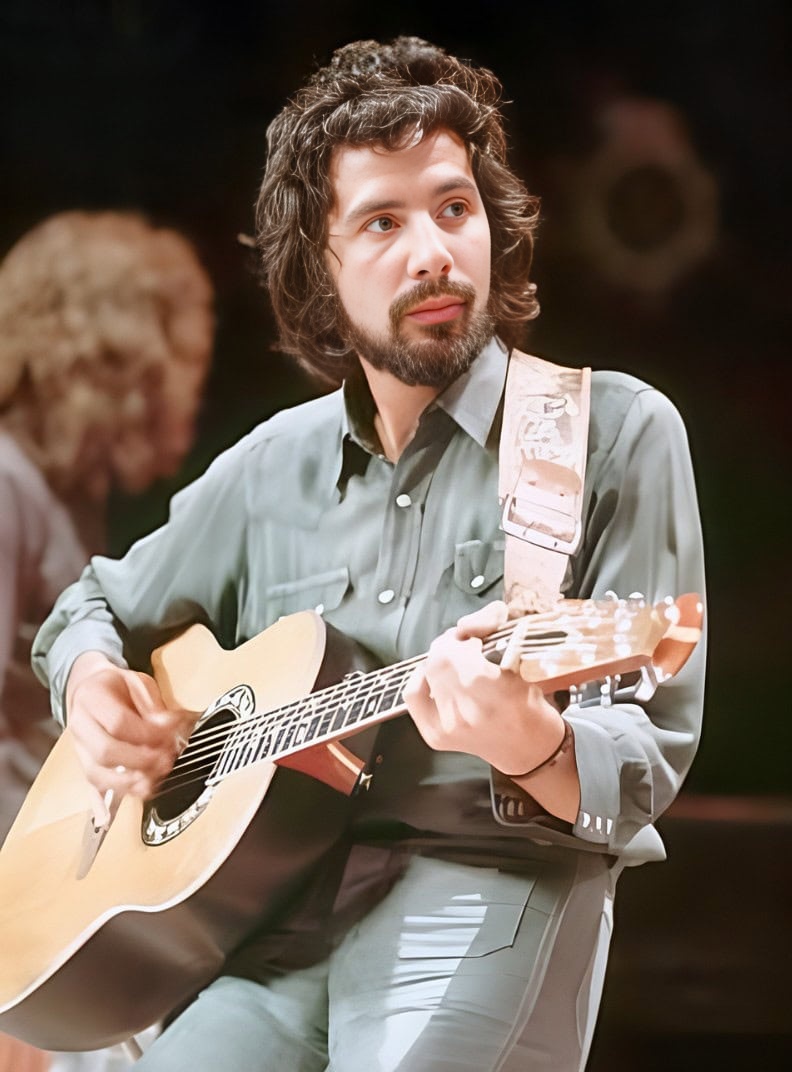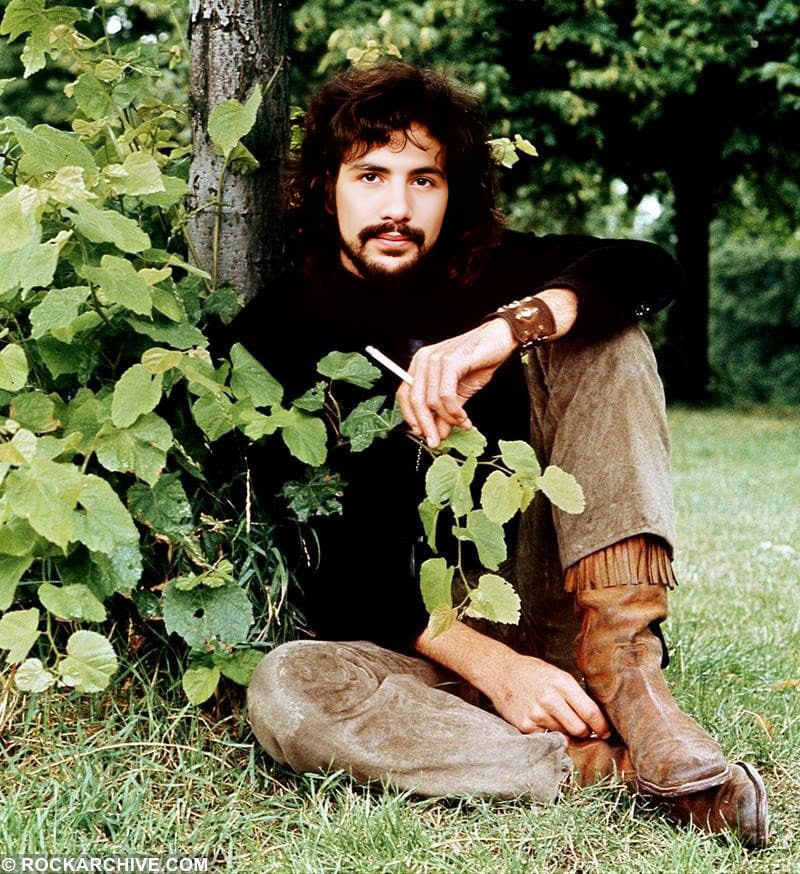
“Morning Has Broken,” a timeless hymn made globally famous by Cat Stevens in 1971, is more than just a beautiful melody; it’s a celebration of the simple joys of creation and a testament to the enduring power of faith and gratitude. Cat Stevens, born Steven Demetre Georgiou and later known as Yusuf Islam, is a British singer-songwriter whose music captivated audiences with its introspective lyrics, gentle melodies, and profound spiritual undertones. He rose to prominence in the late 1960s and early 1970s, crafting a string of iconic albums and songs, including “Wild World,” “Peace Train,” and “Moonshadow.” While “Morning Has Broken” wasn’t his own composition, his interpretation propelled it to international fame.
The song itself is an old Gaelic hymn with lyrics penned by English children’s author Eleanor Farjeon in 1931. Cat Stevens, however, transformed it with his arrangement, featuring a distinctive piano melody played by Rick Wakeman of the progressive rock band Yes. While the song didn’t top the charts, it reached number six on the US Billboard Hot 100 and became a beloved classic, cementing its place in popular culture.
“Morning Has Broken” speaks of appreciating the beauty of a new day and thanking God for the simple gifts of life: the sunlight, birdsong, and fresh earth. It’s a gentle reminder to be mindful of the blessings that often go unnoticed.
The song resonated deeply with audiences worldwide, who found solace and inspiration in its uplifting message. Its simplicity and sincerity have made it a popular choice for church services, school assemblies, and personal reflection. Even decades after its release, “Morning Has Broken” continues to be cherished for its timeless beauty and universal appeal, serving as a reminder to appreciate the dawn of each new day.
